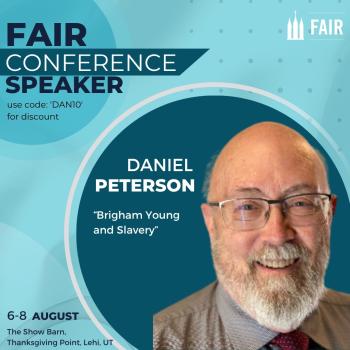The socialist ideal can only work when it is embraced voluntarily, rather than compelled; that is the only way to create a truly classless society. Compulsory socialism creates one great divide that serves the interests of the gatekeepers over the gated. Love, real or imagined, has nothing to do with it.
It is interesting to consider that, in the wake of the sexual revolution and the nihilist deconstructions that have impacted the family structure so disastrously, so many Americans have been attracted to the broad notion of big-government, collective “love.” As John Lennon knew, that is easier than personal love. It is easier than individual longing, or familial striving.
In 2006, the American Sociological Review released a study entitled “Social Isolation in America,” which painted a troubling picture of a society falling out of touch with itself and unable to form intimate relationships; broken homes and job-related migration have strained intimacy, and even our instant-communications tools have paradoxically left more people alone -- isolated with their earbuds and their computers -- and increasingly unfamiliar with genuine and deep experiences of love.
The nation has now watched several generations grow up with either missing parents or well-meaning but “barely-there” parents. Much of what children know of intimacy they learn from Mom and Dad and Grandma. If those figures are barely in the picture, from whom will children learn about love? From the federal daycare provider? The public school teacher? Those who demand free, government-provided childcare are not helping society learn intimacy; the phrase “it takes a village” is not about intimacy, it’s about social duty, and social duty always ends up being humorless, perfunctory, and expedient.
Social duty helps to structure society, but is not love. It cannot replace love. But when love has begun to feel theoretical, rather than experiential, social duty can seem like the reasonable facsimile.
It is easy to imagine love; in our imaginations love can be anything we want it to be. The reality of love is much more difficult; it is risky to let in, terrifying to release into the trust and care of others. If we are not learning love from our families, we will not learn it through social deconstruction. Primal scream therapies and blanket-suffocating “rebirthing therapies” -- celebrated as breakthrough treatments in the past -- did not manage to fix what has been broken.
There is only one effective deconstruction and it is born out of love; it is before our eyes daily, in the Divine Liturgy and the Sacrifice of the Mass, in the Holy Eucharist and the Crucifix, where we see the ultimate Agent of Deconstruction rendering all things, all times, all peoples, all pain, all deceit, all betrayal, all poverty, all shame, all hate to himself, whereupon they were defeated.
The means of victory -- his own body -- is broken and shared among us, and all things are resurrected, made new, in a love of such depths and surety it cannot be humanly comprehended.
Christ is intimacy personified, his Eucharistic flesh commingling with our blood, his Eucharist soul entwined in our own, so broken.
Considering how very little any of us knows about real love -- except that it is not easy -- why is that so difficult to imagine?
 Elizabeth Scalia manages the Catholic Portal at Patheos.com and is a contributing writer at First Things, where she also blogs as The Anchoress. Her recent publications include Disorientation; How to Go to College Without Losing Your Mind (Ascension Press) and OSV’s Employment Rosary; An Intercession on Behalf of the Jobless.
Elizabeth Scalia manages the Catholic Portal at Patheos.com and is a contributing writer at First Things, where she also blogs as The Anchoress. Her recent publications include Disorientation; How to Go to College Without Losing Your Mind (Ascension Press) and OSV’s Employment Rosary; An Intercession on Behalf of the Jobless.




